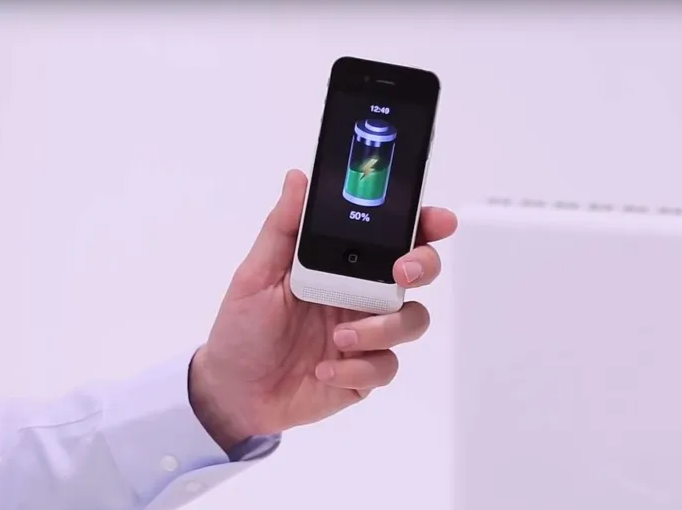
Wireless charging technology, while offering numerous advantages, is not without its drawbacks. One notable downside is the reduced efficiency compared to wired charging. The wireless charging process tends to be less efficient, leading to slower charging times and some energy loss during the transmission through the magnetic field.
Cost is another concern associated with wireless charging technology. Devices and chargers designed for wireless charging are generally more expensive due to the complexity of their design and manufacturing. This cost factor can be a significant consideration for users looking for budget-friendly charging solutions.
Speed is also a factor to consider, as wireless charging is typically slower than its wired counterpart. The need for energy to traverse through the magnetic field introduces some loss, resulting in a slower charging experience. Moreover, not all mobile devices support wireless charging, requiring devices to be specifically designed to be compatible.
The space occupied by wireless chargers is another consideration. Unlike wired chargers, wireless chargers require a larger charging pad to deliver power to the mobile device effectively. This larger footprint may limit the convenience of using wireless chargers in certain spaces.
The efficiency and speed of wireless charging can be influenced by factors such as battery and device temperature. Increased heat can lead to energy loss and impact charging efficiency. Additionally, some wireless charging systems may experience reduced efficiency when the receiving device is not in close proximity to the power source.
Despite the numerous benefits, concerns about the safety of wireless charging and its potential impact on human health have been raised. It is important to note that wireless charging technology has been approved by leading health authorities, but ongoing research may continue to address any lingering uncertainties.
Leave a Reply